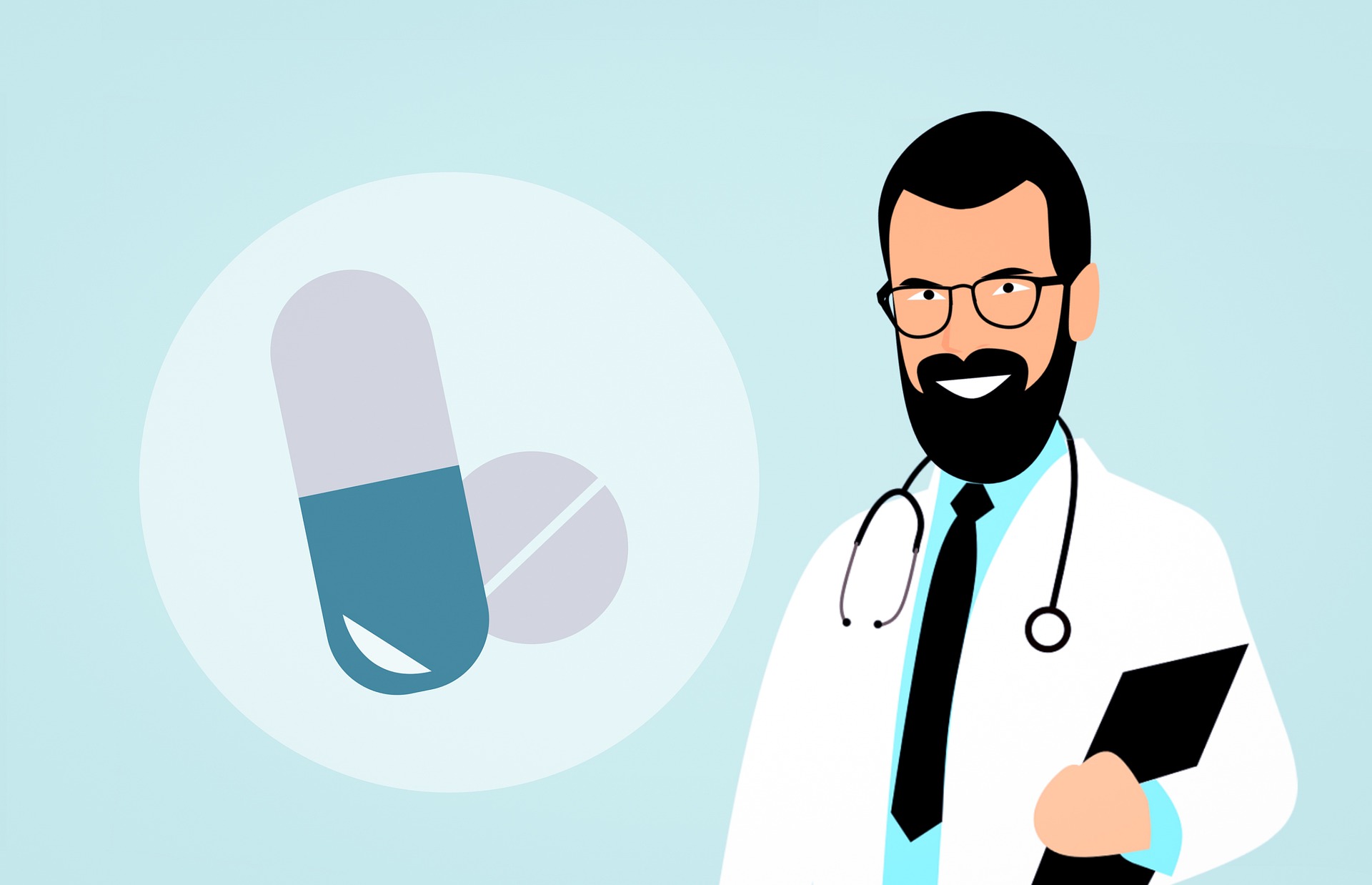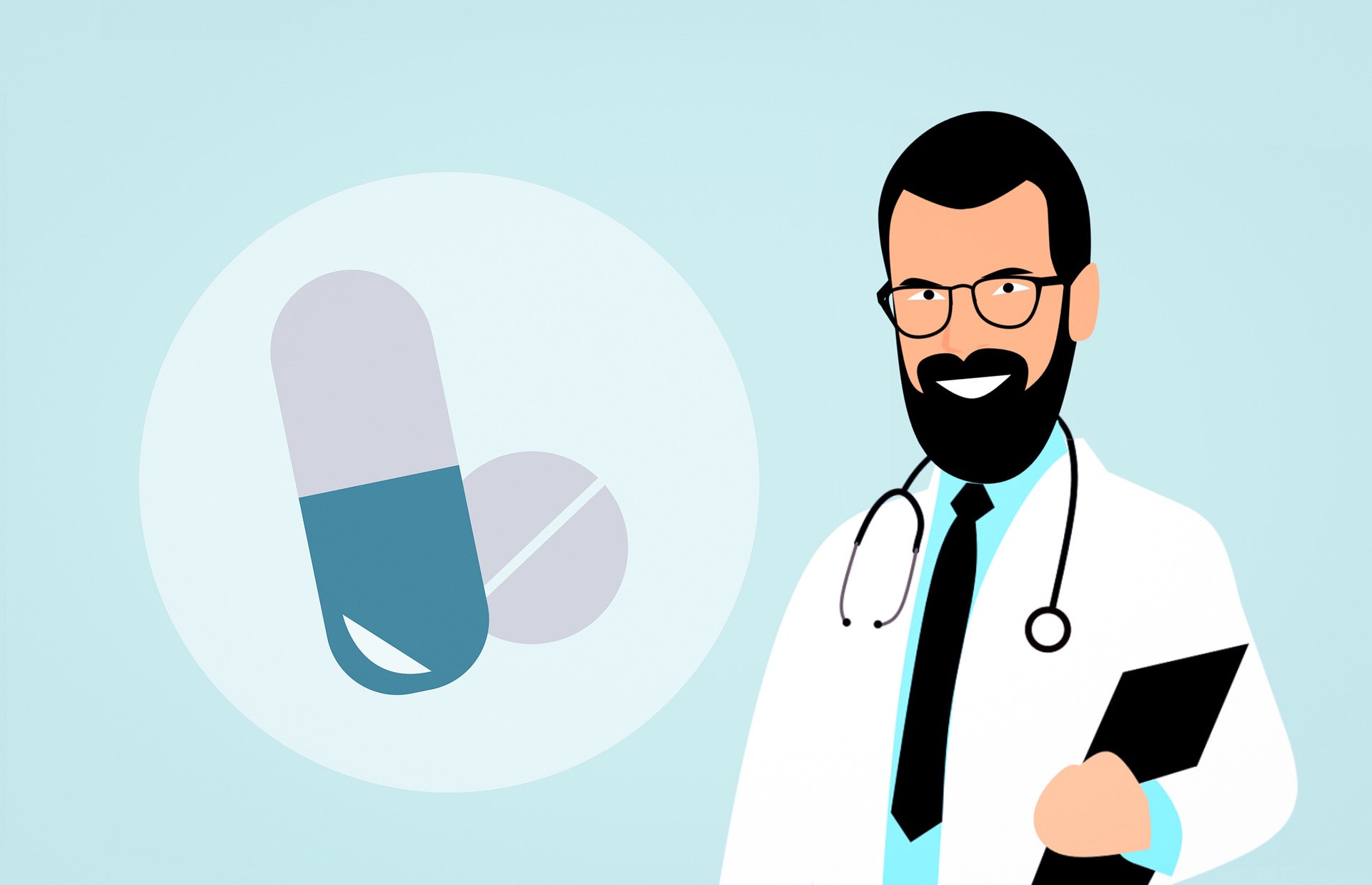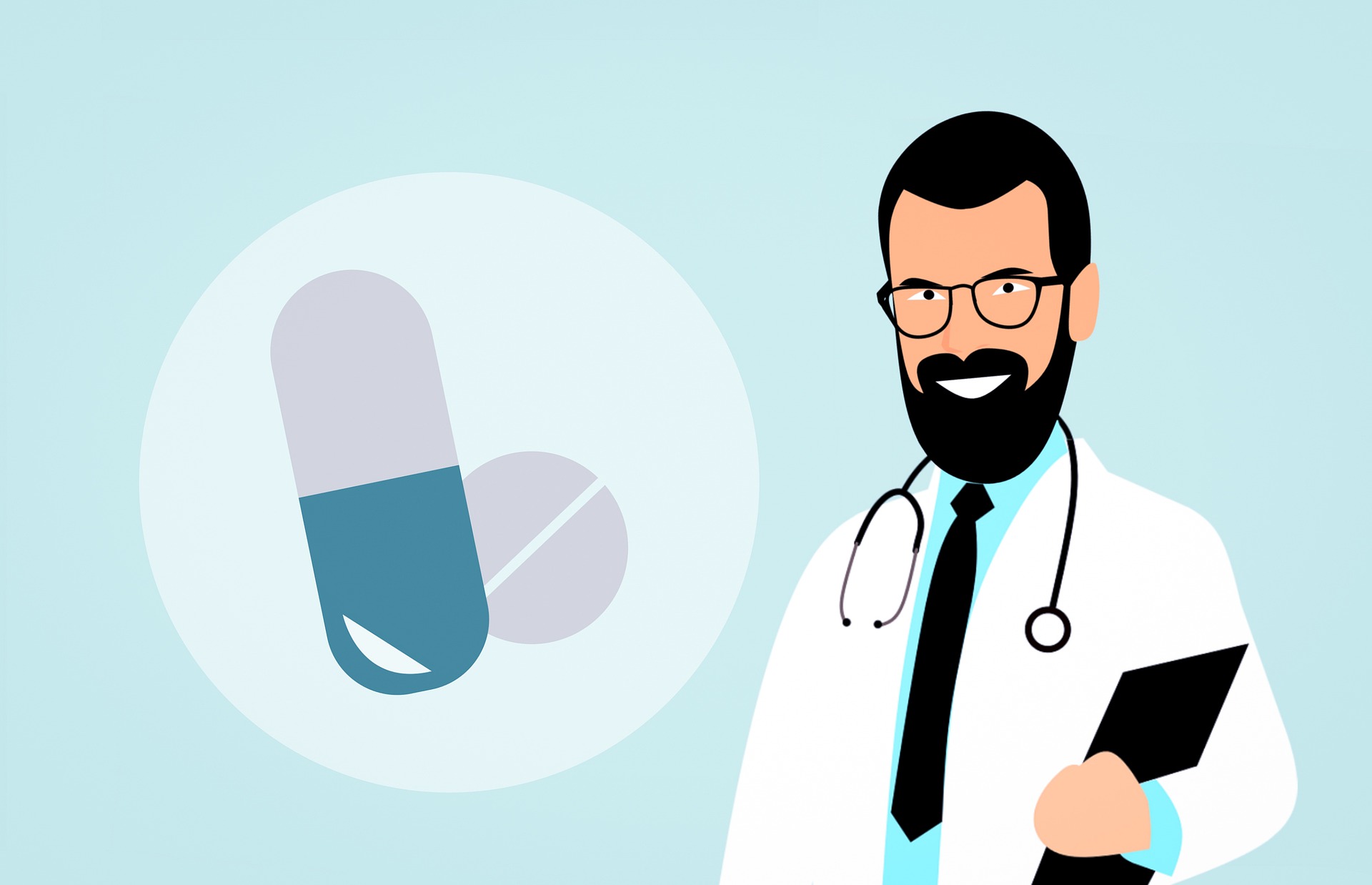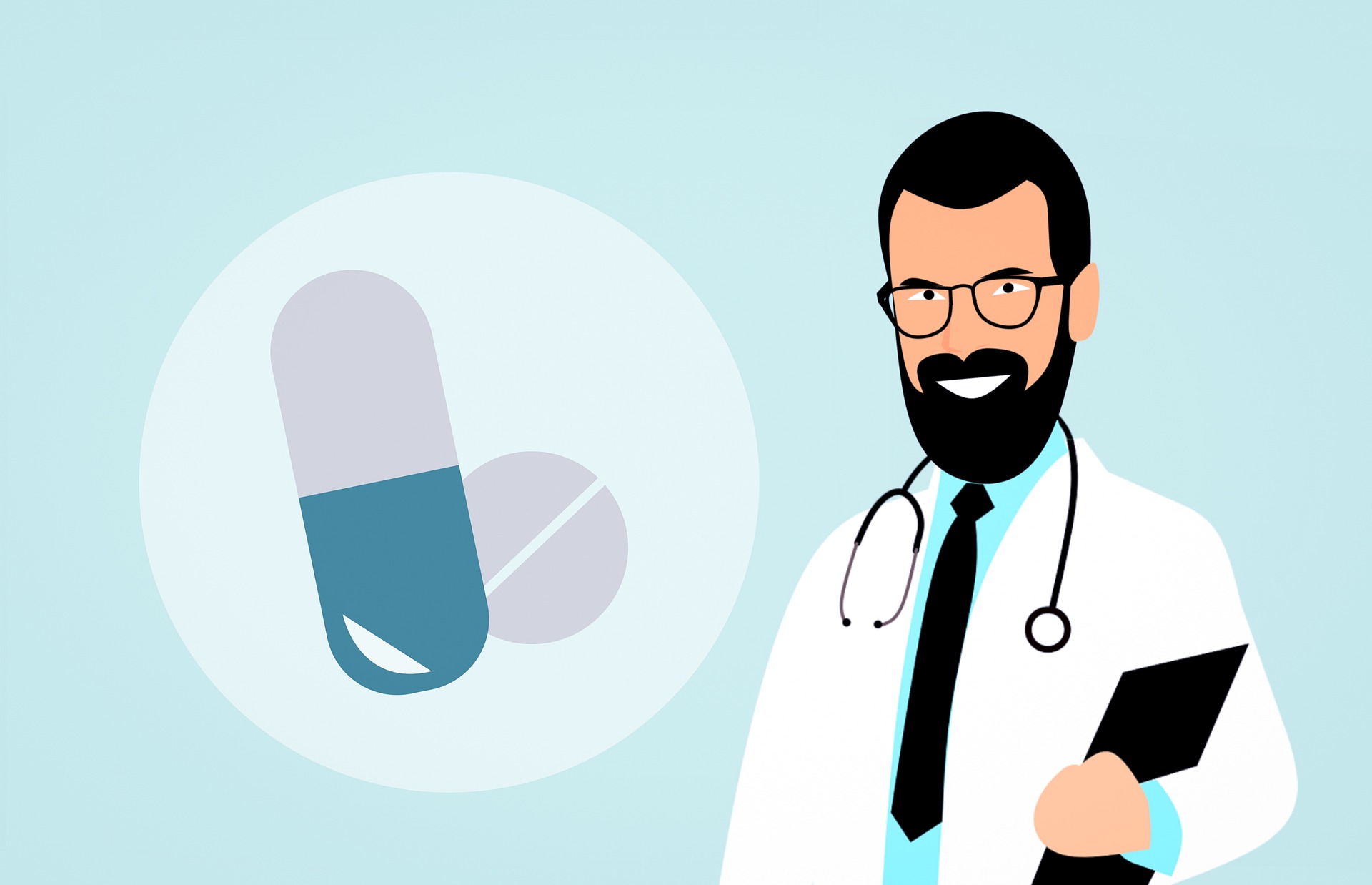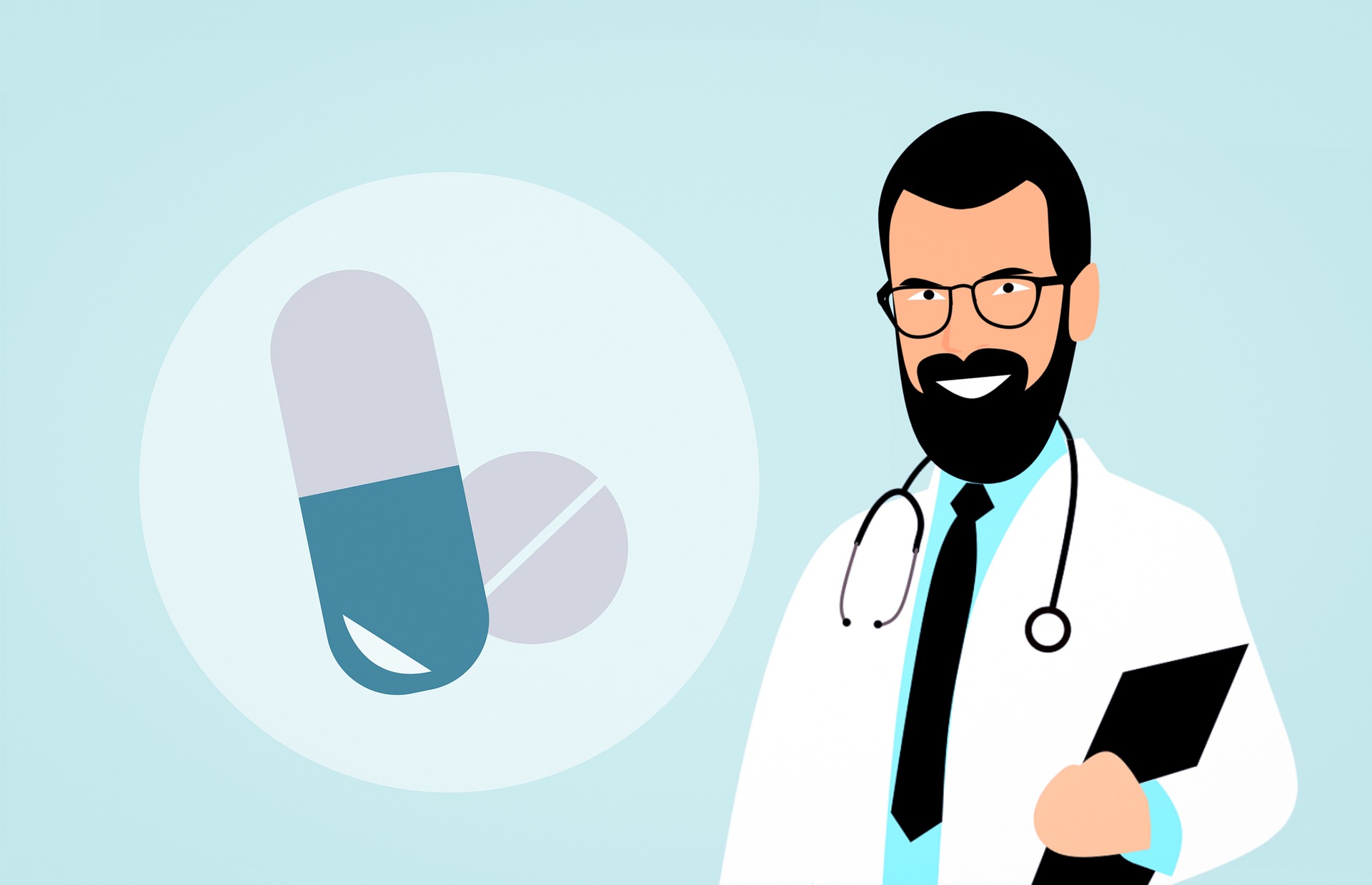Addressing Addiction in LGBTQ+ Communities Across NJ
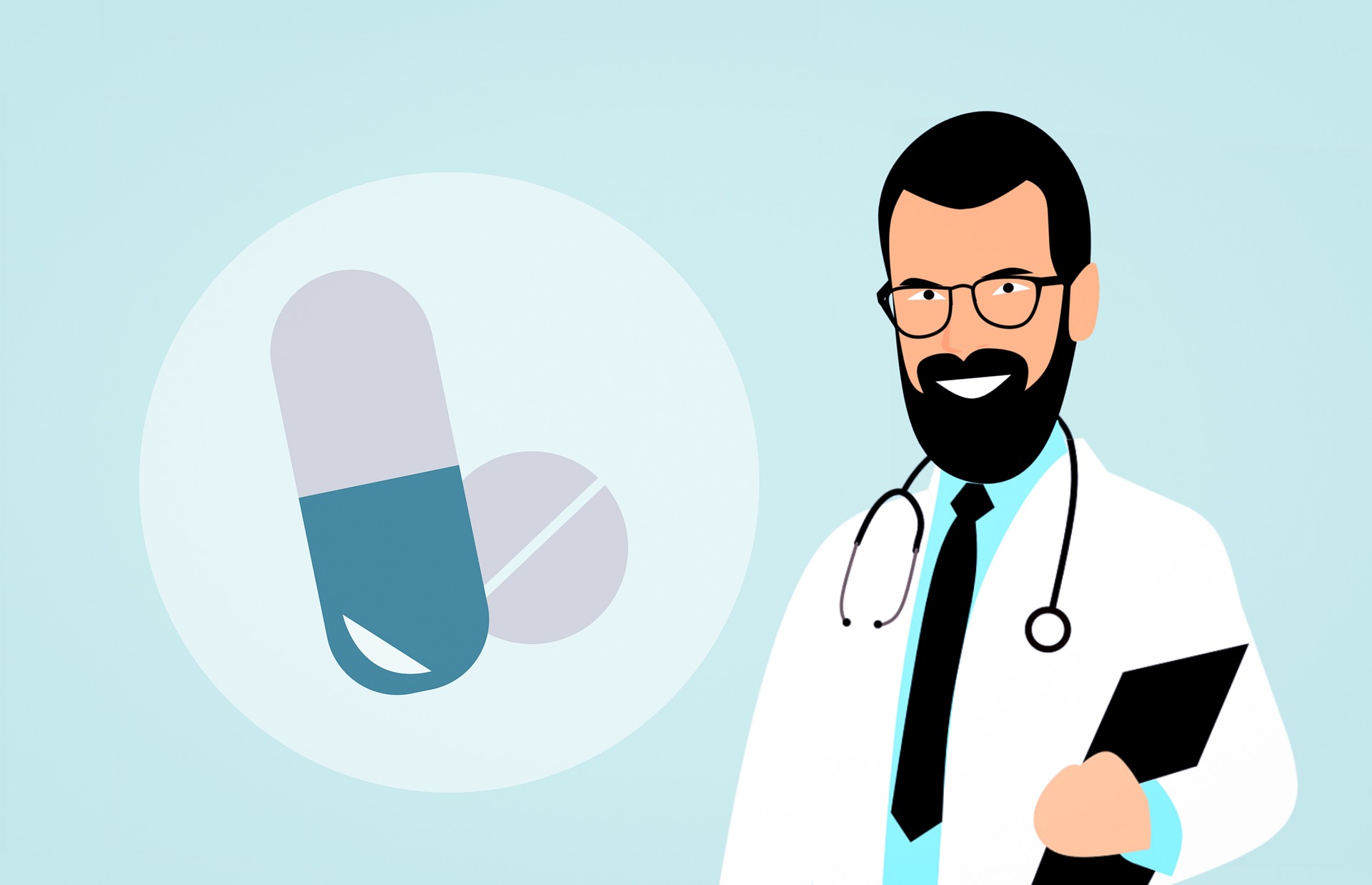
Strong 8k brings an ultra-HD IPTV experience to your living room and your pocket.
Introduction
Addiction has long been a public health challenge, but its impact is disproportionately severe among marginalized groups. LGBTQ+ individuals in New Jersey often face heightened risks of substance use disorders due to unique stressors and systemic inequities. Addressing addiction in these communities requires a nuanced understanding of their lived experiences and the implementation of affirming, accessible care.
Comprehensive Health Solutions for New Jersey Residents
WellCare of NJ is dedicated to providing quality healthcare services to individuals and families across New Jersey. They offer a range of managed care programs designed to meet the diverse needs of their members. With a focus on accessibility and support, WellCare ensures that all members have access to the resources they need to stay healthy. Whether it's for preventive care, chronic disease management, or behavioral health support, WellCare of NJ strives to deliver personalized, affordable health plans that prioritize the well-being of their community. Their services are available to individuals of all ages.
Understanding the Scope of Addiction in LGBTQ+ Communities
LGBTQ+ populations experience higher rates of substance use compared to their heterosexual and cisgender counterparts. Studies show that over 20% of LGBTQ+ adults report substance misuse, with substances such as alcohol, marijuana, and stimulants being commonly used. Underlying factors include minority stress, experiences of rejection, and limited access to affirming healthcare.
The intersectionality of identities within the LGBTQ+ community further complicates these challenges. For example, transgender individuals often encounter higher rates of substance use due to compounded stigma and barriers to gender-affirming care. Recognizing these patterns is crucial for tailoring effective interventions.
The Role of Stigma and Discrimination
Stigma and discrimination profoundly impact the mental health and addiction trajectories of LGBTQ+ individuals. Societal stigma often manifests as rejection from family or community, leading to feelings of isolation and unworthiness. These emotional burdens can drive individuals toward substance use as a coping mechanism.
In healthcare settings, discrimination exacerbates the issue. LGBTQ+ individuals frequently report instances of bias, from dismissive attitudes to outright denial of care. This mistrust creates a reluctance to seek help, even when addiction reaches critical levels.
Barriers to Accessing Treatment
Despite the growing recognition of LGBTQ+ health needs, significant barriers to addiction treatment persist. Financial constraints are a common obstacle, particularly for individuals estranged from family support systems. Many also face systemic challenges, such as inadequate insurance coverage for addiction treatment.
In New Jersey, the lack of LGBTQ+-affirming treatment centers is a glaring issue. Generic programs often fail to address the unique needs of this population, leaving many feeling misunderstood or alienated. Comprehensive, culturally competent care remains scarce.
The Importance of Tailored Treatment Approaches
Tailored treatment approaches are paramount in addressing addiction within LGBTQ+ communities. Culturally competent care acknowledges the unique experiences of LGBTQ+ individuals and integrates their identities into treatment plans. This includes creating environments where patients feel safe discussing their sexual orientation and gender identity.
For example, incorporating hormone therapy into recovery programs for transgender individuals can significantly enhance engagement and outcomes. Similarly, peer-led interventions, where individuals work with others who share their experiences, foster a sense of belonging and mutual understanding.
Resources Available in New Jersey
New Jersey offers a growing number of resources designed to support LGBTQ+ individuals in addiction recovery. Organizations like the Pride Center of New Jersey and Garden State Equality provide vital services, including counseling and support groups. Additionally, some healthcare facilities in the state are beginning to adopt LGBTQ+-affirming practices, though more progress is needed.
Statewide initiatives, such as New Jersey’s efforts to expand Medicaid coverage for addiction treatment, also play a critical role. Advocacy remains essential to ensure these programs prioritize the needs of LGBTQ+ communities.
The Role of Community and Support Networks
Community and support networks are foundational to effective recovery. Safe spaces where LGBTQ+ individuals can share their experiences without fear of judgment encourage healing and resilience. These spaces may include peer-led recovery groups, LGBTQ+ community centers, or online forums.
Support from allies and family members also strengthens recovery efforts. Educating loved ones about the unique challenges faced by LGBTQ+ individuals fosters understanding and reduces stigma within personal circles.
Accessing Affordable Rehab Services in New Jersey
Navigating addiction treatment options can be overwhelming, but Medicaid offers a crucial lifeline for individuals seeking rehabilitation services. In New Jersey, Medicaid rehab services provide essential support for those struggling with substance use disorders. These programs are designed to ensure that financial limitations do not prevent individuals from receiving the help they need. Medicaid covers a variety of treatment options, including inpatient and outpatient care, therapy, and detox programs, making recovery accessible to a broader population. For those seeking Medicaid rehab in NJ, it’s important to explore local providers to find the right fit for recovery needs.
Conclusion
Addressing addiction in LGBTQ+ communities across New Jersey requires a multifaceted approach that prioritizes inclusion, cultural competence, and accessibility. By breaking down barriers to care, combating stigma, and fostering supportive networks, we can create pathways to recovery that affirm the dignity and humanity of every individual. As New Jersey continues to expand its public health efforts, centering the voices and needs of LGBTQ+ individuals will be pivotal in achieving equitable addiction treatment for all.
Note: IndiBlogHub features both user-submitted and editorial content. We do not verify third-party contributions. Read our Disclaimer and Privacy Policyfor details.



